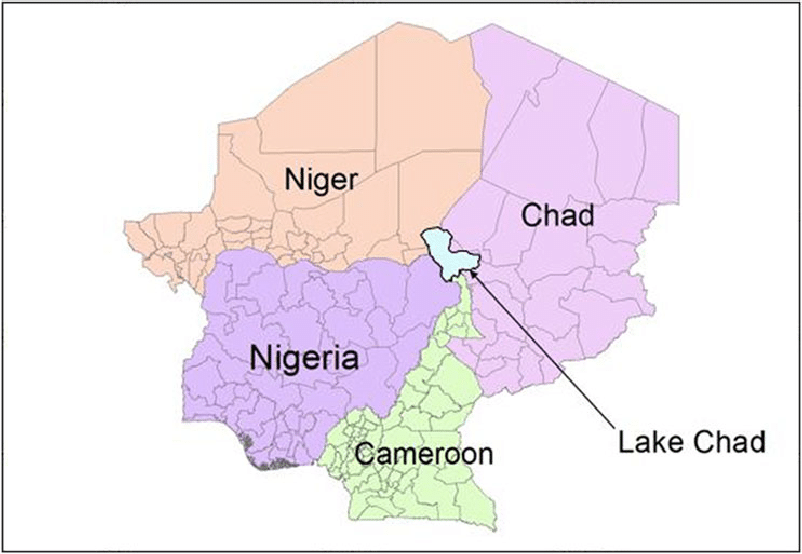
The Lake Chad Basin communities have showed reluctance to the idea of welcoming Boko Haram fighters back without proper screening and complete disarmament.
According to a UN Development Programme (UNDP) report, the communities in the Lake Chad, said if reintegration were to work, security agencies needed to screen and complete disarmament of former fighters.
“Many feel that a condition for a reintegration process must be that victims and communities are first adequately supported before reintegration of former fighters,” the UNDP said.
The report also noted that the return of the Internally Displaced Persons put additional pressure on the communities, often resulting in conflict over housing and land.
The report also noted that security was still one of the foremost concerns of communities across the lake Chad Basin countries.
The communities, therefore, called for more troops and security forces that are better equipped and trained to completely end the insurgency
They also called for more equipment and training for vigilante groups on which many communities rely for their security, seeing them as complementary to armed forces and formal security actors.
The communities also noted an inherent tension between the continued need for security and the limitations thus imposed on agricultural activity, hampering early recovery.
The communities also lamented the restriction of access to source of livelihood such as agriculture and other means due to counter insurgency operations and displacement management efforts.
They cited restriction on fishing in Lake Chad and on movement otside villages in Nigeria for security reasons, or set up of IDP camps on arable lands in Cameroon and Niger.
The community noted the negative effects on economic activity of market and border closure and lack of infrastructure such as roads bridges with limited access to electricity.
The report noted that limited access to capital was a key challenge for communities in resuscitating the local economy.
They also noted that negative impact of climate change on farming and access to water, drug trafficking (with complicity by security agencies) and a resulting drug epidemic.
Communities also expressed concern on the absence of or unequal access to government services, including justice and the role education can play in both preventing, but also promoting radicalisation.
https://www.africaprimenews.com/2018/04/18/news/ethnic-violence-pushes-3000-malians-to-burkina-faso-crisis-zone-un-says/